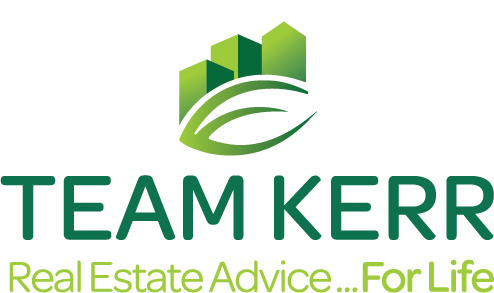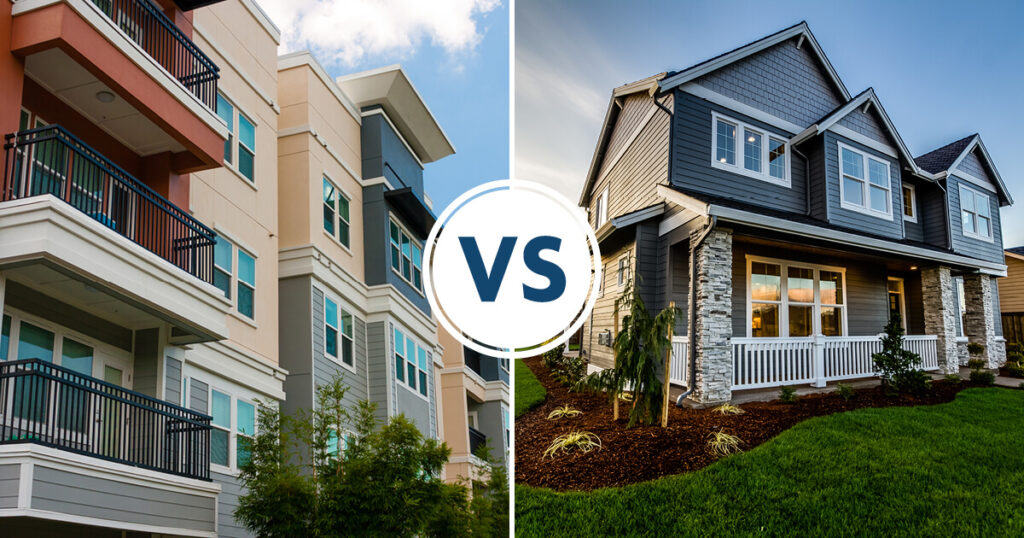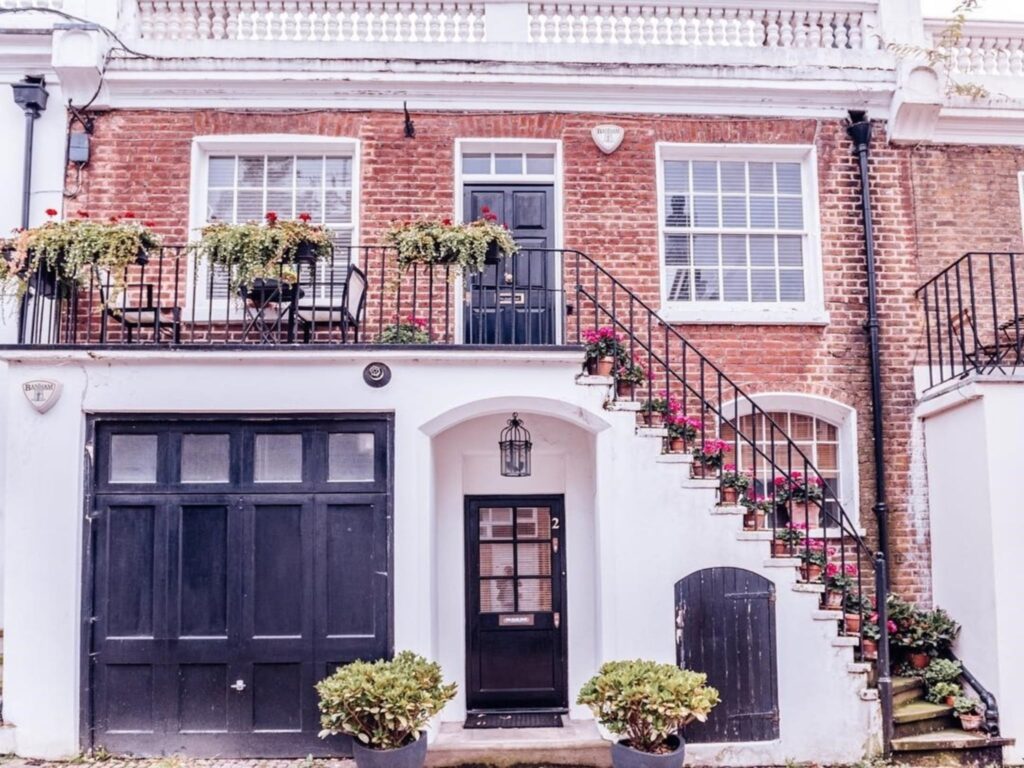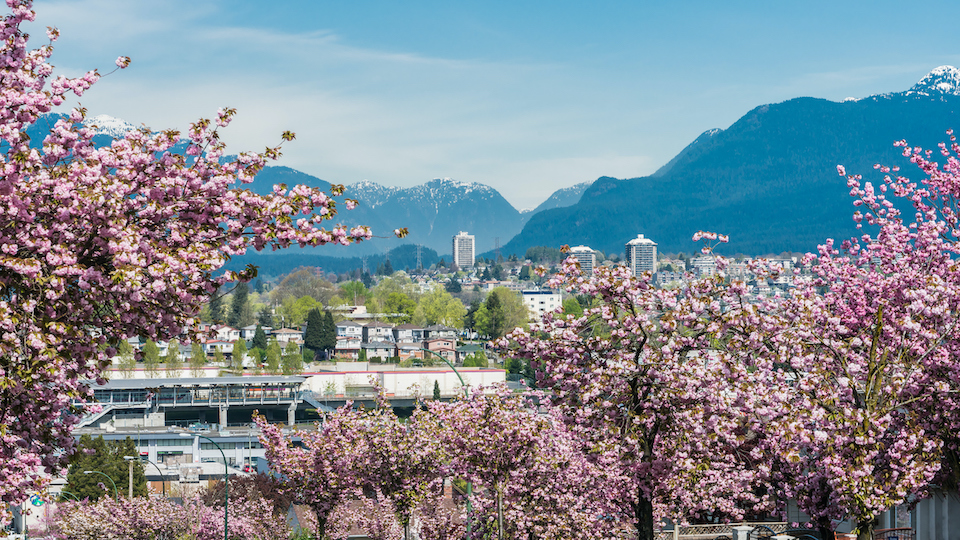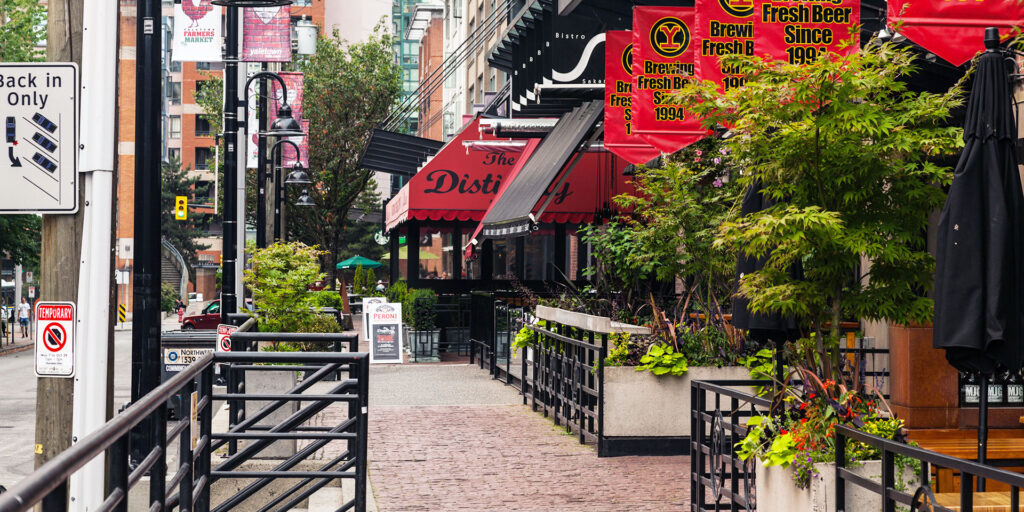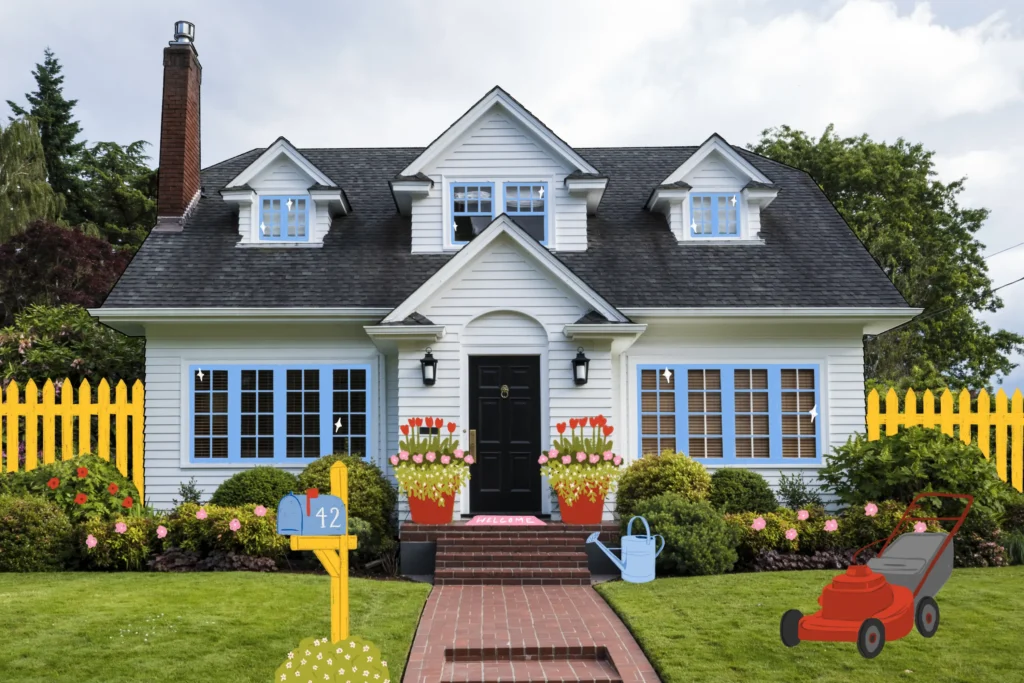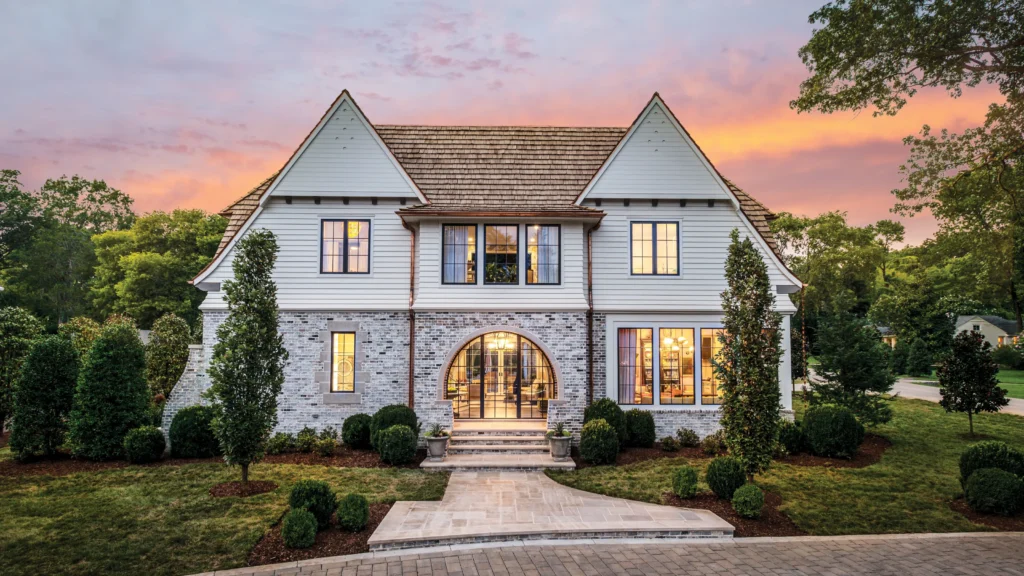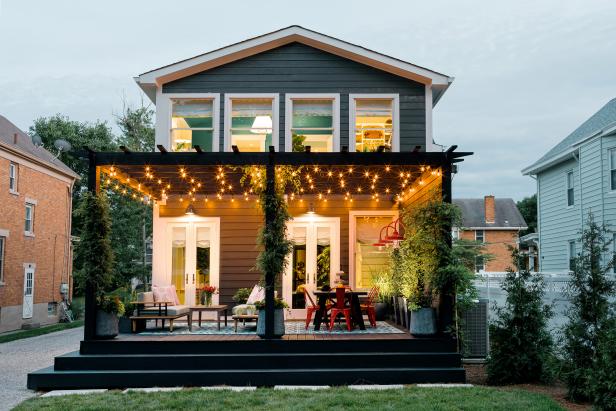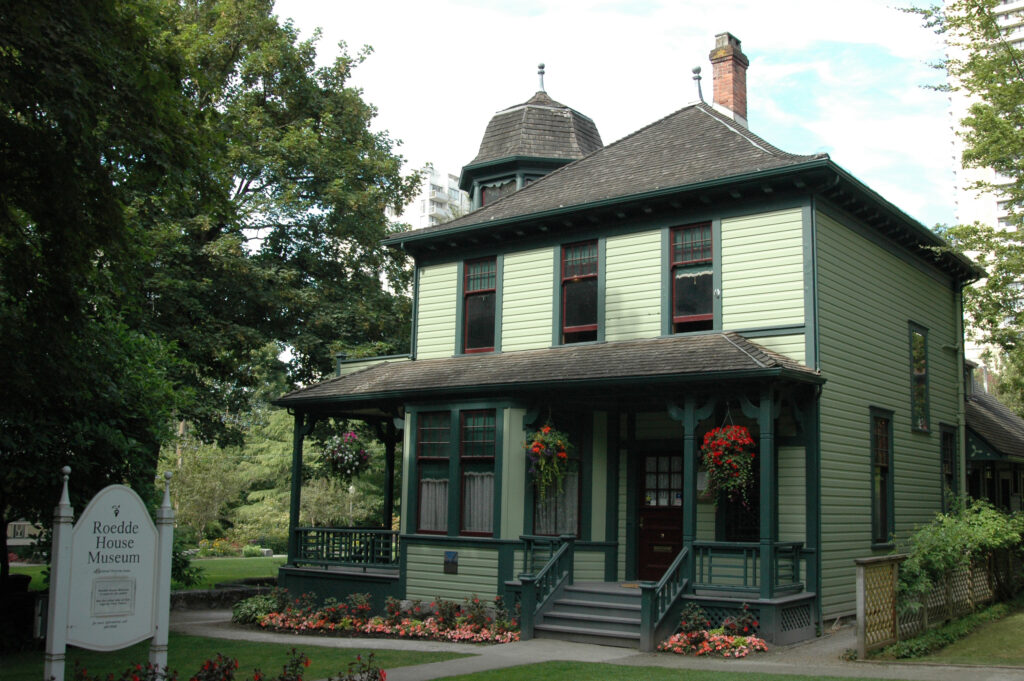
Nestled within Vancouver’s bustling cityscape lies a treasure trove of architectural heritage – the city’s beloved heritage homes. These historic residences stand as timeless reminders of Vancouver’s rich past, each with its own unique story to tell. In this exploration, we’ll delve into the challenges and triumphs of restoration efforts, and the vital role they play in shaping Vancouver’s identity.
Uncovering Vancouver’s Architectural Legacy
Vancouver’s architectural heritage spans a diverse range of styles, from Victorian and Edwardian to Craftsman and Art Deco. Many of these historic homes are concentrated in neighborhoods such as Strathcona, Shaughnessy, Mount Pleasant, Gastown, and the West End, where streets lined with heritage properties transport visitors back in time.
Notable Heritage Neighborhoods
Vancouver’s architectural heritage is as diverse as its population, with each neighborhood boasting its own distinct character and charm. From the grandeur of Shaughnessy’s historic mansions to the quaint streets of Strathcona lined with colorful Victorian homes, Vancouver’s architectural legacy reflects the city’s rich history and cultural heritage.
Strathcona
In the Strathcona neighborhood, visitors can admire the beautifully restored heritage homes that date back to the late 19th and early 20th centuries. The Maclean Residence, a striking example of Victorian architecture, stands as a testament to the neighborhood’s storied past. Nearby, the Vancouver Club, founded in 1889, exudes elegance with its Beaux-Arts style facade and grand interior spaces.
Shaughnessy
Often referred to as Vancouver’s “First Suburb”, Shaughnessy is renowned for its opulent mansions and sprawling estates. The Hycroft Mansion, built in 1909 for industrialist Alexander Duncan McRae, is a prime example of the neighborhood’s architectural grandeur. With its Tudor Revival-style architecture and meticulously landscaped gardens, Hycroft Mansion offers a glimpse into the luxurious lifestyle of Vancouver’s elite in the 20th century.
Gastown
Gastown, Vancouver’s historic district, is a melting pot of architectural styles, from Victorian and Edwardian to Romanesque Revival and Italianate. The Hotel Europe, a designated heritage building, is a striking example of Victorian Italianate architecture and stands as one of Gastown’s most iconic landmarks. Nearby, the Steam Clock, a modern addition to the neighborhood, pays homage to Gastown’s industrial past while adding a touch of whimsy to the streetscape.
West End
The West End neighborhood is home to a diverse array of heritage homes, ranging from grand Victorian mansions to cozy Craftsman bungalows. The area’s historic charm is enhanced by its proximity to Stanley Park and English Bay, making it a sought-after location for both residents and visitors alike. Notable landmarks include the Roedde House Museum and the Sylvia Hotel.
Preservation Challenges and Successes
Preserving Vancouver’s heritage homes is not without its challenges. Rising property values and development pressures pose threats to the city’s historic neighborhoods, while the high cost of maintenance and restoration can deter homeowners from undertaking preservation efforts.
However, despite these challenges, dedicated individuals and organizations are working tirelessly to ensure that Vancouver’s architectural heritage is preserved for future generations. The Vancouver Heritage Foundation, for example, offers grants and educational programs to support heritage conservation projects across the city.
One such success story is the restoration of Roedde House Museum in the West End. Built in 1893 for Vancouver’s first bookbinder, Gustav Roedde, the house has been lovingly restored to its original Victorian splendor and now serves as a museum showcasing early life in Vancouver, offering a well-preserved example of Queen Anne Revival architecture.
Another notable preservation success is the revitalization of Gastown. Once a neglected industrial district, Gastown has been transformed into a vibrant cultural hub, thanks in part to the adaptive reuse of heritage buildings for commercial and residential purposes. Today, the district is home to a thriving community of artists, entrepreneurs, and residents who are passionate about preserving its historic charm.
Balancing Preservation with Modernization
Finding the delicate balance between preserving Vancouver’s architectural heritage and accommodating modern needs and lifestyles is essential for the city’s evolving real estate landscape. While heritage homes are valued for their historical significance and architectural character, they often require updates to meet contemporary standards of comfort and functionality.
Many homeowners choose to undertake sensitive renovations that honor the original design while incorporating modern amenities such as updated kitchens, bathrooms, and energy-efficient systems. Adaptive reuse projects, such as converting heritage homes into multi-family residences or boutique hotels, also contribute to the preservation and revitalization of Vancouver’s historic neighborhoods. These projects breathe new life into old buildings while maintaining their architectural integrity and cultural significance.
In conclusion, Vancouver’s heritage homes are more than just architectural relics – they are living testaments to the city’s rich history and cultural heritage. By preserving these architectural treasures, we not only honor the past but also enrich the present and future of Vancouver’s real estate landscape.


